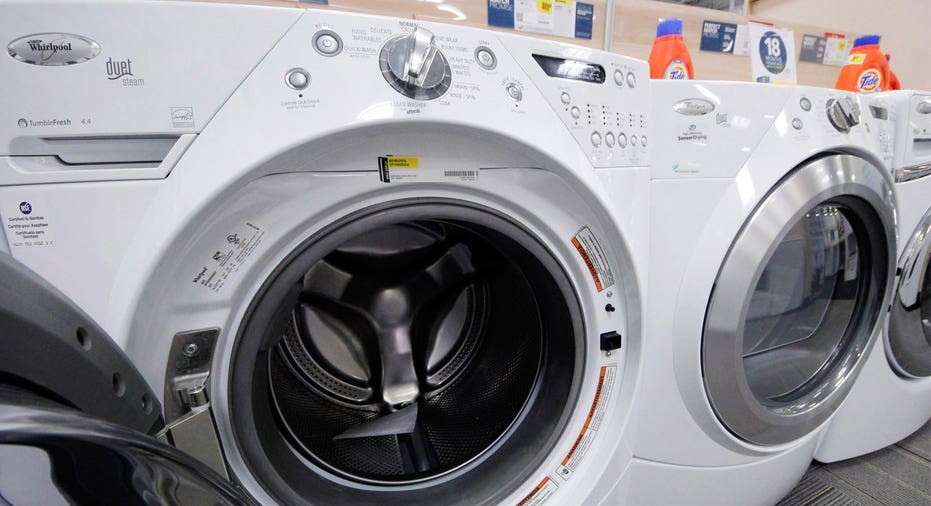Whirlpool wins key US vote in bid to curtail cheap imports from rivals Samsung, LG

The United States International Trade Commission (ITC) on Thursday sided with American home appliance company Whirlpool (NYSE:WHR) in its trade complaint against manufacturing rivals, concluding that U.S. washing machine manufacturers are being harmed by unfairly cheap exports from other countries.
The commission, which voted 4-0 in favor of Whirlpool’s complaint, has recommended that President Donald Trump consider actions to remedy the situation by the end of this year, while a final decision is expected to be made by the White House next year. Whirlpool has accused Samsung and LG Electronics, its South Korean competitors, of flooding U.S. markets with cheap washing machines, pricing out domestic manufacturers. While the ITC didn't say material harm was coming from South Korea in particular, Whirlpool alleged the country's manufacturers shifted production to other countries in order to avoid U.S. anti-dumping tariffs imposed in previous years.
Whirlpool is the latest U.S. company to win an antidumping trade vote with the ITC in recent months. Boeing has made headlines throughout recent weeks for its public spat with Canadian plane maker Bombardier, which the U.S. ITC also agreed was causing harm to domestic manufacturers through cheap exports. Canadian Prime Minister Justin Trudeau stepped in, saying Canada was considering ending its planned purchase of Boeing fighter jets over the complaint.
On Wednesday, Bombardier tweeted that the U.S. plane manufacturer used the antidumping law “as a weapon to deceptively kneecap competition and customers,” linking to a report by the Cato Institute that questions whether these trade laws actually serve U.S. interests.
“The laws, as written, preclude objective analysis at the ITC, forbid consideration of the effects of these punitive duties on downstream U.S. companies and consumers, and give the Commerce Department vast discretion over administrative matters that dramatically affect the bottom line—the duty rates calculated and applied,” Cato’s Daniel Ikenson wrote.
In August, LG Electronics announced its plans to build a 1 million square foot manufacturing facility in Tennessee, scheduled for completion by the first quarter of 2019. Meanwhile, in June, Samsung said it will open its first U.S. appliances plant in more than 30 years in South Carolina. Experts believe these two massive investments could put the Trump administration in a difficult position where the trade disputes are concerned.



















